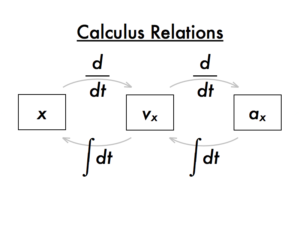Fact issue on acceleration
October 15, 2018 A common claim in mortgage-foreclosure litigation is that, during negotiations between the servicer/lender and the borrower, the lender abandons the acceleration of the underlying loan obligation. The issue is often litigated because of its effect on limitations – abandonment means that the foreclosure process can begin anew; otherwise, the limitations clock runs from the initial acceleration. The 2008 financial crisis produced a lengthy series of Fifth Circuit cases on the issue, as well as a large body of state case law, the substantial majority of which found abandonment and thus no limitations bar to foreclosure. Pitts v. Bank of New York is to the contrary, observing:
A common claim in mortgage-foreclosure litigation is that, during negotiations between the servicer/lender and the borrower, the lender abandons the acceleration of the underlying loan obligation. The issue is often litigated because of its effect on limitations – abandonment means that the foreclosure process can begin anew; otherwise, the limitations clock runs from the initial acceleration. The 2008 financial crisis produced a lengthy series of Fifth Circuit cases on the issue, as well as a large body of state case law, the substantial majority of which found abandonment and thus no limitations bar to foreclosure. Pitts v. Bank of New York is to the contrary, observing:
“But the statements and notices contained no language similar to that in [Boren v. U.S. Nat’l Bank, 807 F.3d 99 (5th Cir. 2015)], and the cases following Boren stating that if Castle Mortgage did not pay the amount demanded, then the loan would be accelerated. Language stating that the loan would be accelerated is inconsistent with an earlier notice of acceleration and clearly establishes the noteholder’s abandonment of the earlier acceleration because, if the noteholder intended to rely on the earlier notice of acceleration, it would not state that acceleration could occur in the future. Without that language, the monthly statements and delinquency notices in this case lack one of the two bases for the Fifth Circuit’s conclusion in Boren that the notices to the borrower conclusively established the noteholder’s abandonment of an earlier acceleration.”
No. 05-17-00859-CV (Oct. 12, 2018).